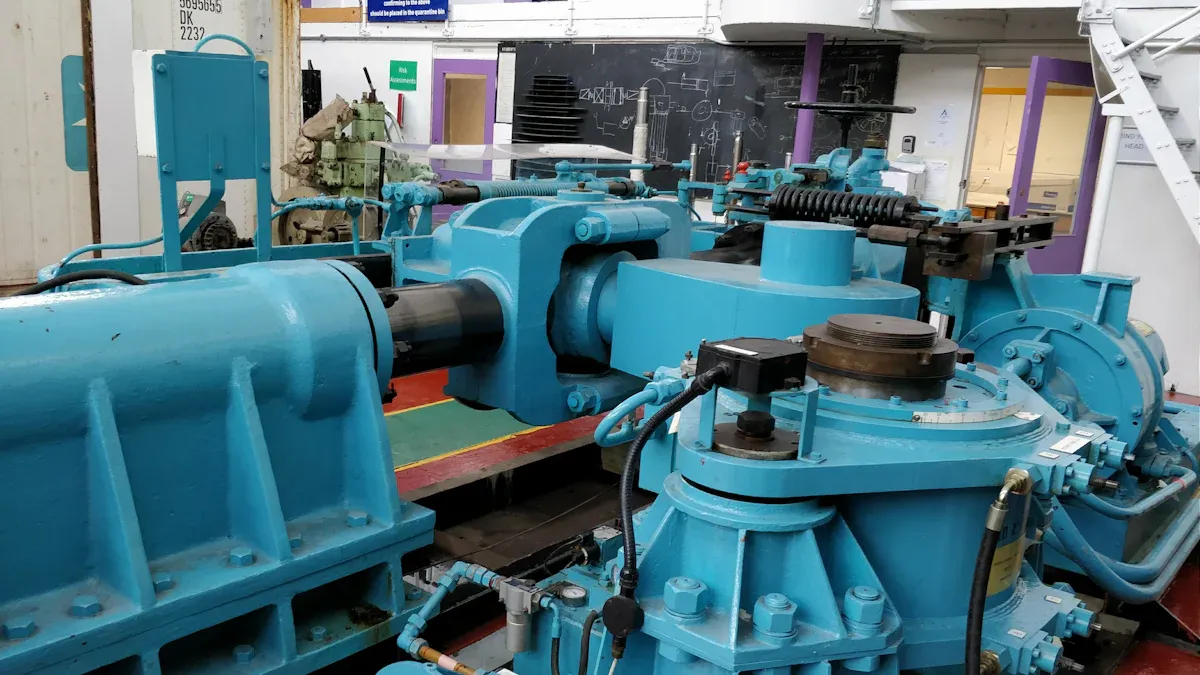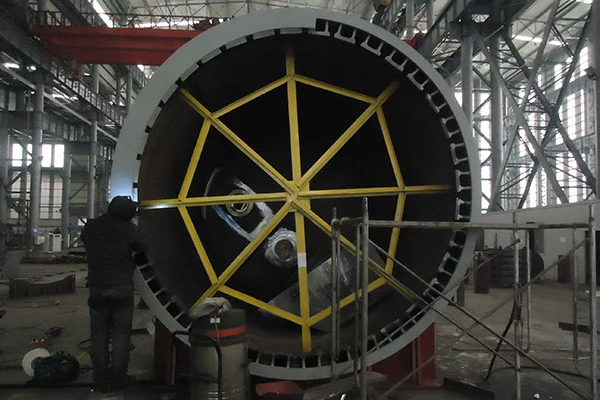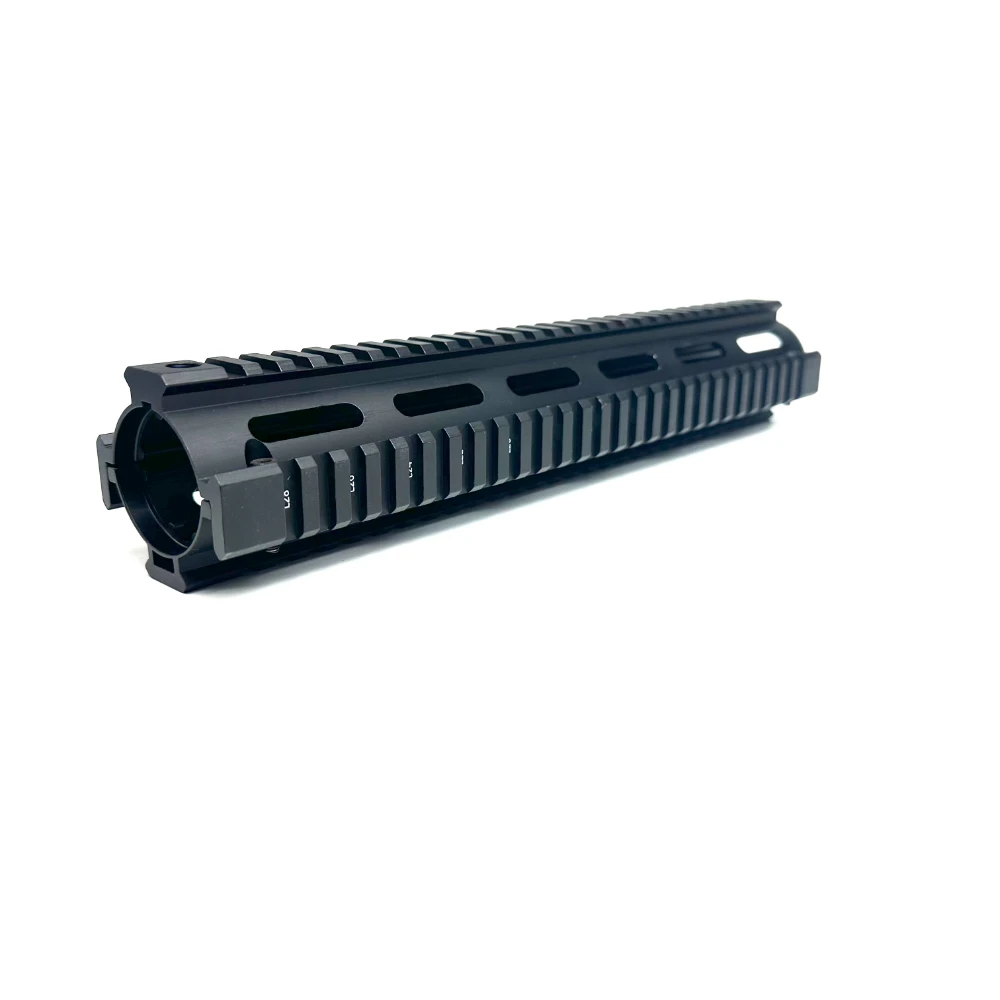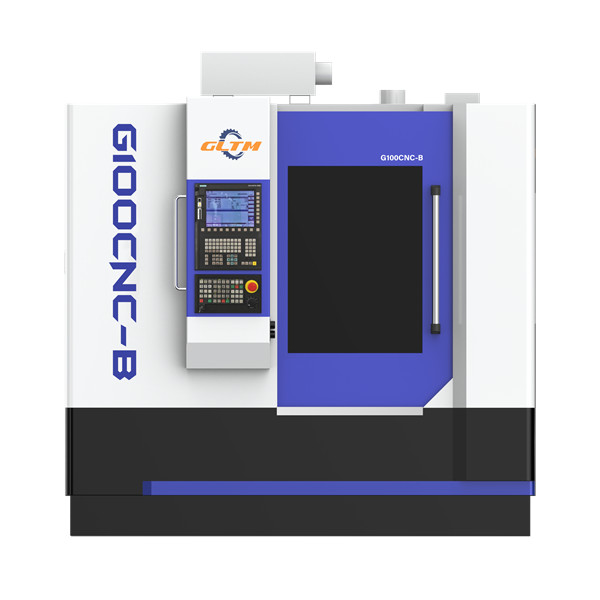In the rapidly evolving landscape of electric vehicles (EVs), China has emerged as a formidable force, boasting a plethora of innovative and competitive EV manufacturers. With government incentives, robust supply chains, and a population eager for cleaner transportation alternatives, the Chinese EV market has seen unprecedented growth. But which among these pioneering companies stands out as the best? This article delves into a multi-faceted analysis to uncover the crown jewel of China's EV industry.
Criteria for Evaluation
Before diving into specific companies, let's establish a framework for evaluation. The best Chinese EV company should excel in several key areas: technology innovation, market presence, sustainability practices, financial stability, and consumer satisfaction. Each of these dimensions plays a crucial role in determining long-term success and impact.
Technology Innovation
At the heart of any EV company lies its technological prowess. BYD (Build Your Dreams) Co. Ltd. has been a trailblazer in this regard. BYD's Blade Battery technology offers significant advancements in safety, energy density, and lifespan, addressing key concerns for EV adopters. Its e-platform 3.0 further streamlines production and enhances vehicle performance, underlining BYD's commitment to continuous innovation.
NIO Inc. also deserves mention for its pioneering approach, particularly with its Battery as a Service (BaaS) model, which allows owners to swap batteries rapidly, reducing range anxiety and promoting sustainability. NIO's Autonomous Driving System, NIO Pilot, integrates advanced AI and sensor technology, pushing the boundaries of autonomous driving capabilities.
Market Presence
Market share and global reach are critical indicators of a company's success. XPeng Motors has shown remarkable growth, expanding its footprint beyond China into markets like Norway and Denmark. With a focus on intelligent, connected EVs, XPeng has gained a loyal customer base that appreciates its sleek designs and tech-forward features.
However, Tesla's Shanghai Gigafactory, operated by Tesla, Inc. but considered part of China's EV ecosystem due to its significant local impact, holds a substantial market share. Tesla's Model 3 and Model Y have become popular choices, benefiting from the company's established brand recognition and superior charging infrastructure.
Sustainability Practices
Sustainability is paramount in the EV sector. Li Auto distinguishes itself by focusing on extended-range EVs (EREVs), which combine electric power with a small gasoline generator to extend range, thereby reducing overall emissions compared to traditional vehicles. Li Auto's commitment to circular economy principles and reducing waste throughout its supply chain further enhances its sustainability credentials.
Meanwhile, Geely Holding Group, through its subsidiary brands such as Volvo Cars and Polestar, has embarked on a journey to become carbon neutral by 2040. Geely's investments in renewable energy and electric mobility solutions reflect a holistic approach to sustainability that extends beyond vehicle manufacturing.
Financial Stability
Financial health is crucial for long-term viability. BYD has consistently demonstrated strong financial performance, backed by diverse revenue streams from both automotive and non-automotive segments (like electronics manufacturing). This diversification provides a buffer against market fluctuations, enhancing its resilience.
Warren Buffett's investment in BYD, a testament to the company's fundamentals, adds another layer of credibility. Conversely, while NIO faced initial financial challenges, it has secured substantial funding through partnerships and public offerings, positioning it for future growth despite ongoing competition.
Consumer Satisfaction
Lastly, consumer satisfaction is the ultimate litmus test. NIO excels in this area, known for its exceptional customer service, including a concierge-like experience with personal assistants and an extensive network of NIO Houses—spaces where owners can socialize, charge their cars, and enjoy amenities.
XPeng also scores high on customer satisfaction, particularly for its responsive after-sales service and innovative features like in-car entertainment systems and voice-activated controls that enhance user experience.
Conclusion: A Multi-Dimensional View
Determining the "best" Chinese EV company is inherently subjective, as each firm has its unique strengths and focuses. BYD leads with technology and financial stability, NIO shines in consumer satisfaction and innovation, XPeng expands aggressively into international markets, Li Auto prioritizes sustainability and practical range solutions, and Geely and Tesla's Shanghai Gigafactory embody ambitious sustainability goals and global reach, respectively.








+ There are no comments
Add yours